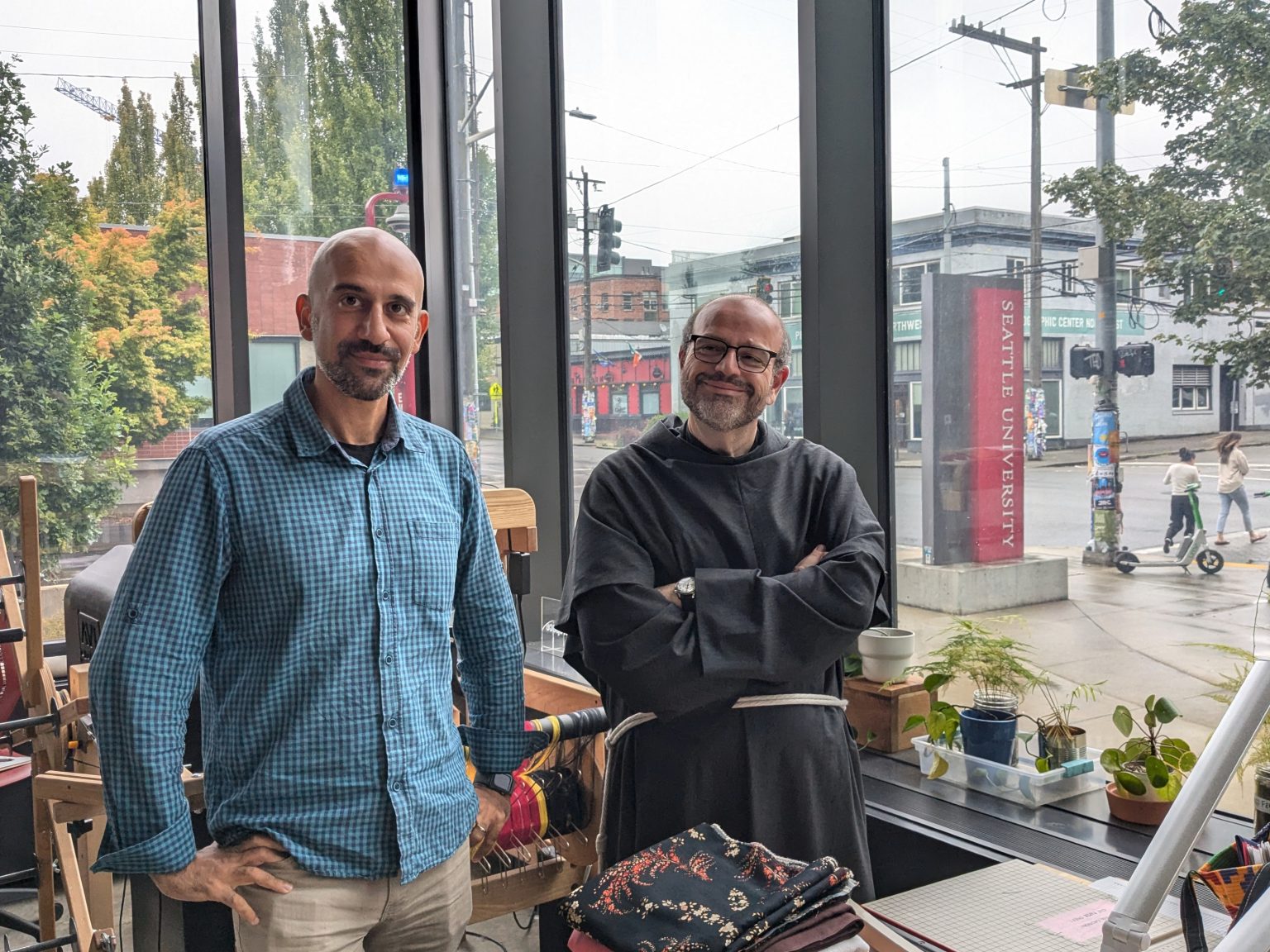Seattle University has welcomed Father Paolo Benanti, Pope Francis’ advisor on artificial intelligence and technology ethics, as a distinguished visiting professor. Benanti recently collaborated with Microsoft President Brad Smith on the “Rome Call for AI Ethics,” a document promoting transparency, inclusion, accountability, impartiality, reliability, and security and privacy in digital technology. Microsoft and IBM were the original tech signatories of the document. This collaboration between tech organizations and religious institutions is unusual but has been driven by shared concerns about AI and ethics. The Seattle University Technology Ethics Initiative, led by Associate Professor Onur Bakiner, is also involved in exploring the ethical implications of technology.
One of the primary concerns raised by Bakiner and Benanti is the potential harms posed by AI, including misinformation and biased automated decision-making systems. They emphasized the importance of addressing these issues to prevent the erosion of social connections. However, they also acknowledged the potential benefits of AI in enhancing productivity and human potential, particularly in fields like health care where AI can improve diagnostics and drug discovery. Bakiner stressed the need for ethical standards to be applied to technology, recognizing that there are multiple ethical visions in secular and religious traditions that should be part of the conversation.
The Catholic Church, under the leadership of Pope Francis, has prioritized issues such as migration, climate change, and now AI. Benanti explained that the Church is looking ahead at emerging technologies and considering the ethical implications. Policy and regulations surrounding AI are also evolving, with the European Union implementing the AI Act and various countries and states considering AI legislation. Bakiner highlighted the need for societal debate around AI regulation to ensure that laws are effective and ethical. Despite the challenges posed by intense competition among tech giants and startups, there is hope that the world can tackle the challenge of AI’s ethical use through awareness and ongoing discussions on AI ethics.
In advice for GeekWire readers who are creating or engaging with AI tools, Benanti emphasized the importance of staying human in the development and use of AI. The collaboration between tech organizations and religious institutions signals a growing awareness of the ethical implications of technology and the need to address these issues collectively. By engaging in conversations about AI ethics and working towards responsible AI development, there is hope that the potential harms of AI can be mitigated, and the benefits maximized for human potential and societal well-being. The future of AI ethics remains open, with efforts being made to ensure that technology is developed and used in safe and responsible ways.


